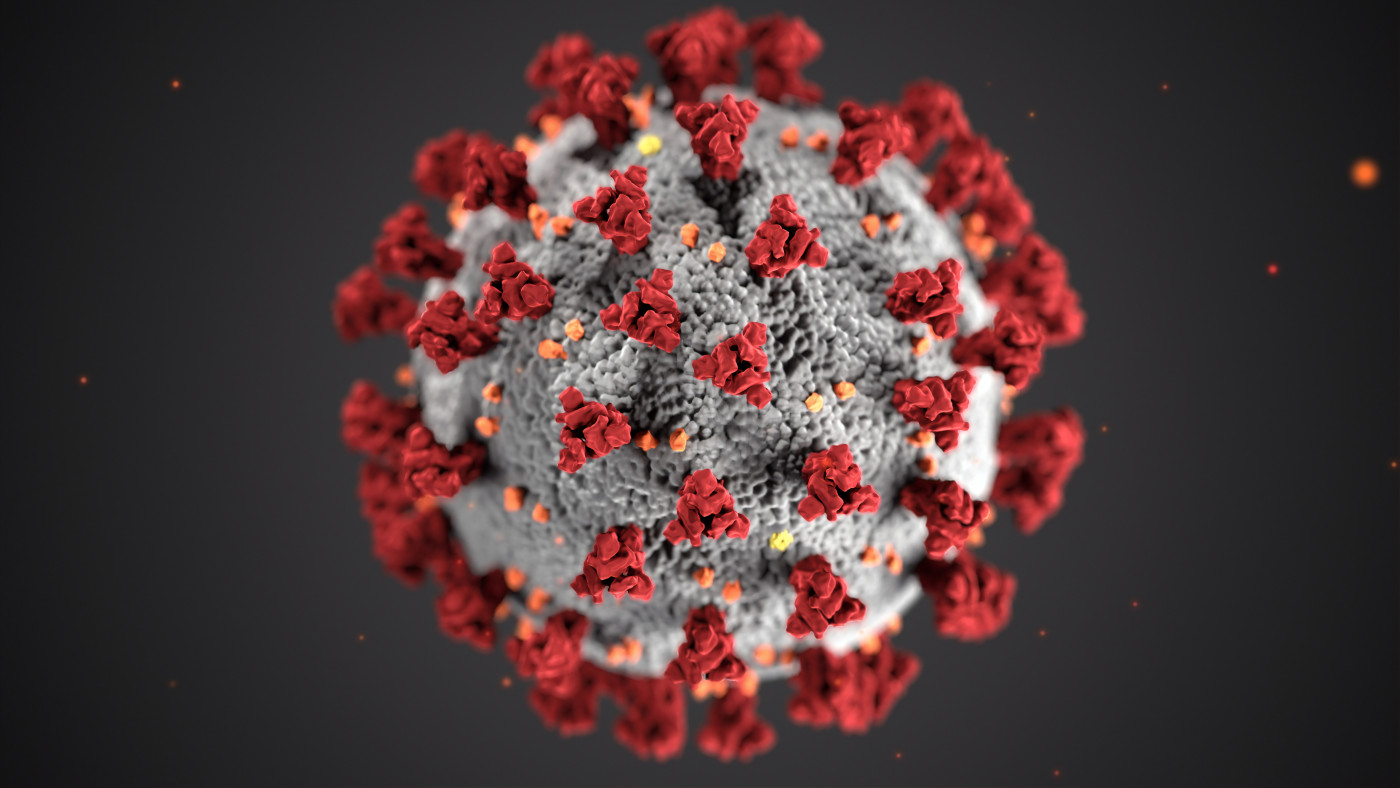Cushing’s Patients Need Special Monitoring in Light of COVID-19, Experts Say

Infection with COVID-19 may appear different and take a distinct clinical course in people with Cushing’s syndrome than in other patients, according to an international team of researchers.
Despite an absence of data about the effects of COVID-19 on this high-risk group, researchers from Italy, the U.S., and the U.K. recommend physicians take special considerations when they suspect possible infection in their patients with Cushing’s syndrome.
The advice was published in an article, “COVID-19 and Cushing’s syndrome: recommendations for a special population with endogenous glucocorticoid excess,” in The Lancet Diabetes & Endocrinology.
Cushing’s syndrome refers to a collection of symptoms caused when the body produces too much of the hormone cortisol. The syndrome is often caused by a tumor on the pituitary gland.
Cortisol is one of a class of hormones called glucocorticoids. A major role of glucocorticoids and of cortisol, in particular, is to prime the immune system to respond to external threats, such as viruses. For this reason, cortisol is often referred to as the body’s “stress hormone.”
While this reaction is vital to a healthy immune response, sustained high levels of these hormones actually weaken the response, resulting in an increased risk of infection.
COVID-19 infections in Cushing’s syndrome patients may show different symptoms than in others and the course of their infection could be harder to predict. The low-grade, chronic inflammation, and lowered immune response typical of Cushing’s syndrome, for instance, can mask the fever, cough, and shortness of breath that are hallmark symptoms of COVID-19.
Further potential complications include an increased risk of blood clotting, prolonged viral infections, and opportunistic bacterial and fungal infections.
The researchers advise treating hospitalized Cushing’s patients infected with COVID-19 with anticoagulation therapy, such as low molecular weight heparin, to guard against clotting.
They further recommend prolonged antiviral treatments to limit the duration of viral infections and preventive antibiotics to curb the occurrence of microbial infections.
Although Cushing’s patients share many of the conditions that can raise the risk of severe disease progression, such as obesity, high blood pressure, and diabetes, they might paradoxically prove more resilient to acute respiratory distress syndrome (ARDS), a life-threatening complication of COVID-19.
A key event in the development of ARDS is an exaggerated release of cytokines — molecules secreted by immune cells — that can damage the lung tissue where carbon dioxide and oxygen are exchanged.
Since Cushing’s syndrome patients cannot mount such an exaggerated cytokine response, they might be less likely to succumb to ARDS.
Although surgery is the first-line treatment for Cushing’s syndrome, the COVID-19 pandemic raises the risk for hospital-acquired infection. As such, a delay in surgery may be appropriate, not only to reduce the risk of infection but also to lower the consequences of post-surgery blood clots and medications that further lower the immune system.
For some patients, however, the benefits may outweigh the risks. A successful surgery, the researchers point out, can stop Cushing’s disease progression and rapidly lower the risks of blood clotting and immunosuppression.
Where surgery is not possible, medical therapy should take place. Effectively treating pre-existing conditions and lowering cortisol levels may prove beneficial for treating underlying conditions, as well as the course of a COVID-19 infection.
Even after remission, Cushing’s syndrome patients should still be considered high risk, the researchers write, as problems related to high glucocorticoid levels can persist and are associated with higher mortality.
Cushing’s syndrome amplifies many of the risk factors involved in COVID-19 and, as such, doctors should be alert for symptoms that are less easily masked by Cushing’s. These symptoms include an altered sense of taste, loss of smell, and diarrhea. Doctors should also be wary of any changes in the health status of patients with an established Cushing’s syndrome diagnosis, the researchers write.
In March, the American Association of Clinical Endocrinologists released its recommendations for people with adrenal insufficiency and Cushing’s syndrome during the COVID-19 pandemic.





